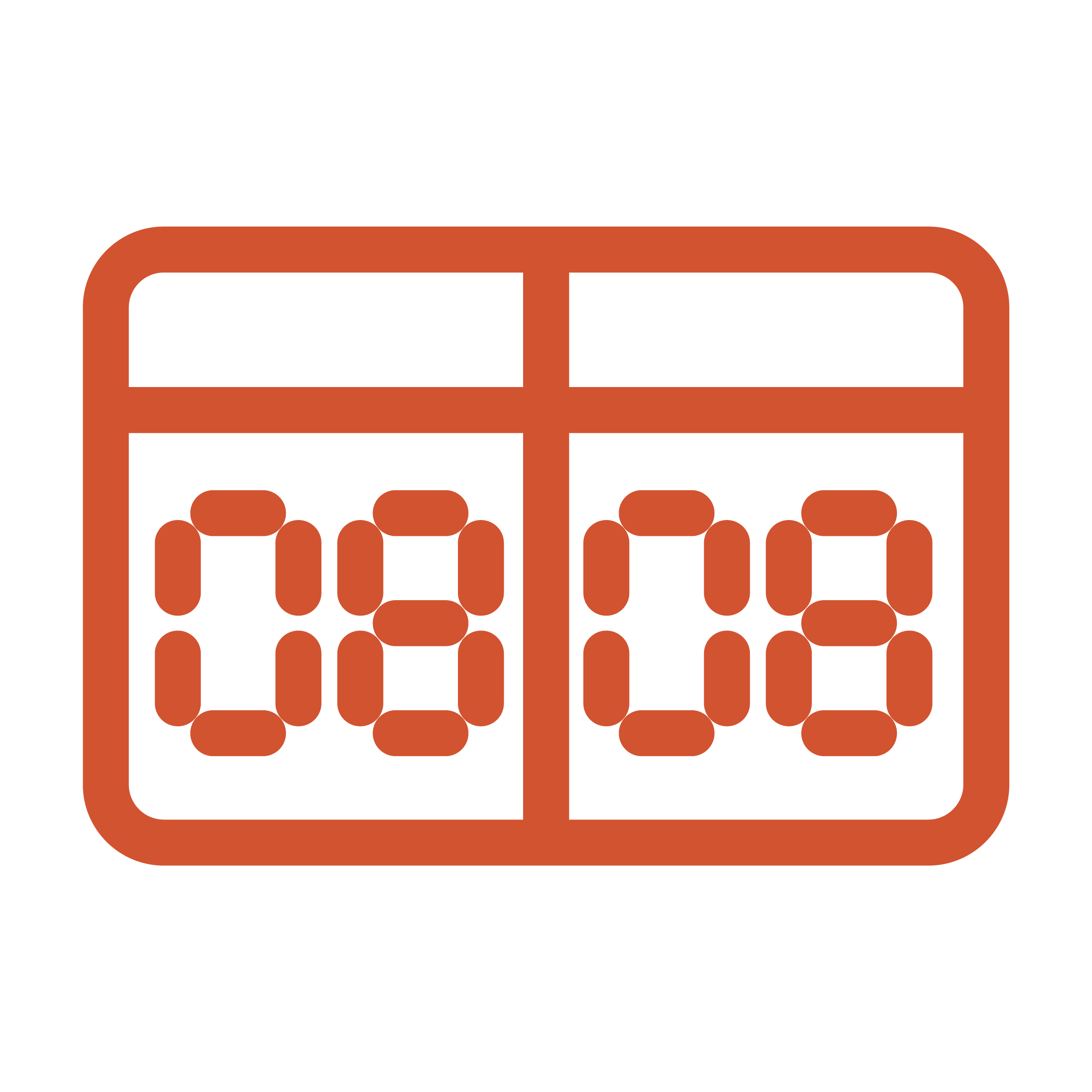We often talk about the factors that shape our view on the world and relationships. It starts from the environment we grew up in, family circumstances, religious values, country background, education and professional experience.
How about a little simple fact: the order we are born in the very first community we know – our family?
You will find most Birth Order articles in the parenting aisle, like here and here. Generally, Birth Order impact our development through everyday interaction with our parents and siblings – up and down the entire Maslow hierarchy: Survival (food, resources), Social (attention, love), Actualization (goals, happiness). That shape how we view the world as adults:
- Define our identities
- Set and achieve goals
- Handle relationships and conflicts
In the past when families used to be bigger, there are lots of stories on sibling BFFs vs rivalries and that changes over time. Nowadays we tend to have smaller families and that not only impact demographics and economics but also how people interact and shape cultures in society and the workplace.
Some common generalization about the birth orders:
- First Borns are about maturity and responsibility as they interact mostly with adults before playing the more “senior role” in the family once the siblings are born. Many of them grow up helping out, at home, family business or with the siblings and that sense of duty carries through their lives.
- Middles are about relationships. Their journey navigating through dynamic roles with parents, older and younger siblings equip them well as peacekeepers and relationship builders wherever they go.
- Youngest are true to freedom and independence. Parents are more experienced and tend to be less strict with the youngest, encouraging them to explore and chart their own course.
I discovered Birth Order as an adult and a parent. In my own family, I always remember
- My brother as the ever responsible, reliable, taking care of us even at a young age
- My elder sister as very social, helpful relationship builder
- Myself as (I will let you fill in the blank)
- My younger brother as the free-willed, creative, independent fashion designer.
Birth Order adds a dimension to the understanding of our identities and lenses to our world. Certainly makes for many good stories and jokes to share.
Further reading:
Birth Order by Linda Blair: An easy-to-follow introduction to the topic. What your position in the family really tells you about your character
The Secret Power of Middle Children by Catherine Salmon and Katrin Schumann: Most Birth Order research and writings have been on the oldest/single/youngest. This one focuses on middle children.
The Middle Child is Going Extinct: With families all smaller now versus generations before – will middle children and their attributes disappear forever?



